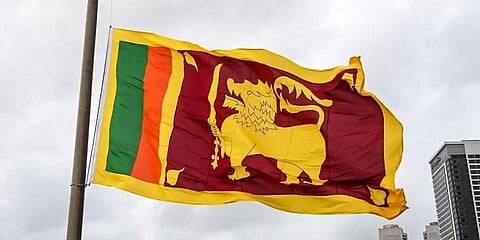

GENEVA: The UN human rights agency on Friday criticised an ongoing anti-narcotics crackdown in Sri Lanka that has resulted in the arrest of over 30,000 suspects and sparked allegations of widespread abuses by the authorities.
Police in the South Asian nation have said the arrests were made since the operation code-named "Yuktiya" (Justice) in mid-December, part of a pledge to get illegal drugs off the streets by the end of June.
Volker Turk, the UN High Commissioner for Human Rights, is urging Sri Lanka's government to review the operation and implement a rights-based approach to combatting illicit drugs.
"Security forces have reportedly conducted raids without search warrants, detaining suspected drug sellers and users, with hundreds sent to military-run rehabilitation centres," a spokeswoman for Turk told journalists.
People have reportedly been subjected to a number of rights violations, including unauthorised searches, arbitrary arrests and detention, ill-treatment, public strip searches, and torture.
"While drug use presents a serious challenge to society, a heavy-handed law enforcement approach is not the solution," the spokeswoman said.
"Abuse of drugs and the factors that lead to it are first and foremost public health and social issues," she added. "People suspected of selling or trafficking drugs are entitled to humane treatment, with full respect for due process and transparent, fair trials."
She also said that lawyers defending detained suspects had faced intimidation from police officers.
Sri Lankan police have said they nearly 800 kilogrammes (1,760 pounds) of narcotics, including 340 kg of cannabis and 70 kilos of heroin, have been seized in the operation.
Authorities believe the Indian Ocean island is being used as a drug trafficking transit point.
But on December 31, police said an officer was killed and another critically wounded when troops opened fire on an undercover unit during a drug raid at a hotel as part of the "Yuktiya" operation.
One rights activist, Ambika Satkunanathan, has posted on social media that the searches are not based on evidence but are "targeting only poor areas."
The police were arresting drug users and small-time dealers but "not focusing on large-scale traffickers", she said.